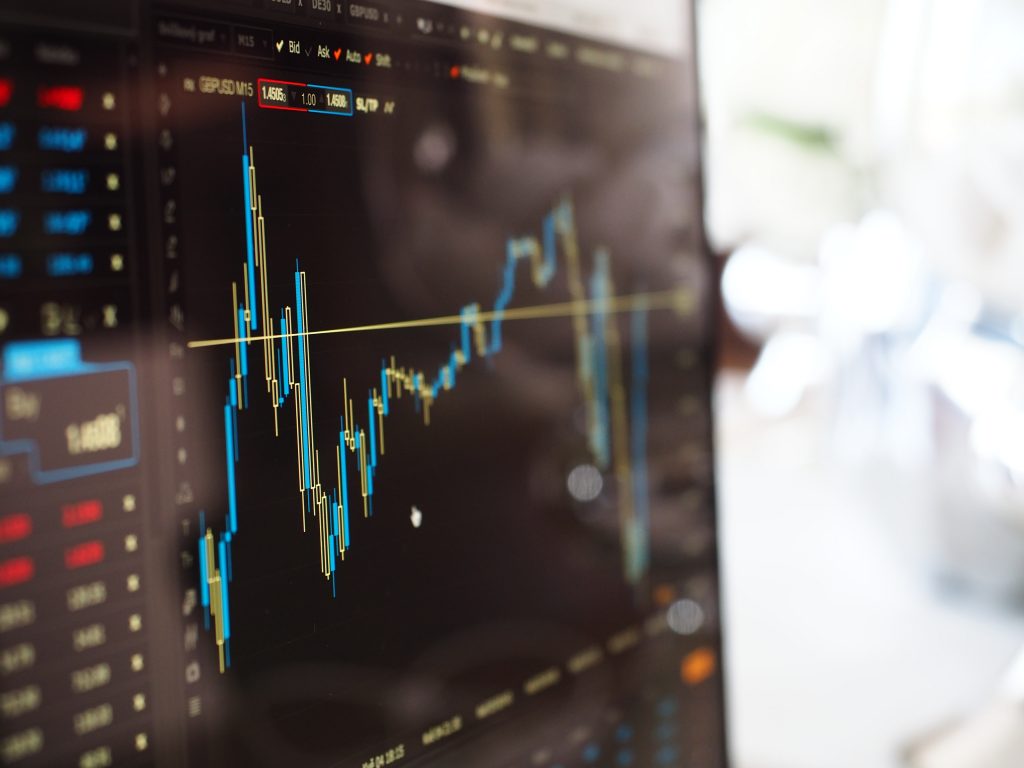
Source: NAIOP Commercial Real Estate Development Association
When the COVID-19 pandemic struck the U.S. earlier this year, it was unclear what the effects would be on industrial real estate. But nearly six months into the crisis, it appears that the sector has been more resilient than others, according to participants in a panel discussion during I.CON Virtual 2020 on investing in industrial properties in the wake of COVID-19.
“I don’t think we’re immune to what’s happened, but we’ve held up well,” said David Fazekas, a senior managing director with the Black Creek Group.
The panelists agreed that an explosion in e-commerce activity at the height of the pandemic, when much of the country was under stay-at-home orders that curtailed consumers’ ability to shop, is a major factor behind that stability.
“Accelerated adoption of e-commerce was definitely a positive trend of the pandemic,” said Michael Coppola, a partner with Bluewater Property Group. “E-commerce has changed our industry. We’ll all be attuned to how much of that sticks.”
Stephanie Rodriguez, vice president of leasing and development with Duke Realty Corp., said online sales accelerated much faster than she expected during the pandemic.
“The e-commerce increases we’ve seen in the last few months have been astounding,” she said. “In this short amount of time, we’re outpacing where we thought we’d be in three years.”
Along those lines, panelists noted that demand for industrial space held up well during the crisis, and e-commerce giant Amazon is a major reason. The company added about 175,000 employees at a time when more than 30 million Americans were out of work.
“The space that is coming online is getting gobbled up by Amazon,” Coppola said. “That’s certainly going to help rent growth.”
Opportunities and Markets
Coppola said that his company, which is focused on the Northeast, will continue investing in that region.
“These Tier-1 infill markets are insulated from long-term trends that COVID-19 is not going to change,” he said. “COVID has only accelerated a lot of those trends. We don’t see anything in the way of distress, unless it’s a one-off like a retailer or someone with liquidity needs. We’re in a bit of a wait-and-see period now. Buyers are being appropriately cautious right now.”

You must be logged in to post a comment.